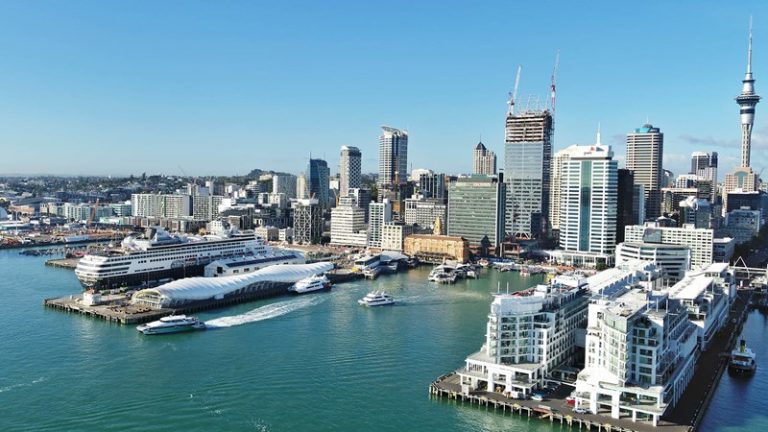We have discovered that when it comes to managing stress on corporate trips half the battle is overcoming jet lag and exhaustion – and finding some time for yourself…
The facilities factor
Where possible, it’s worth choosing a hotel with superior wellness facilities. Sure, you can throw on your runners and pound the pavement before meetings every day, but our experience has shown that the availability of an on-site gym, swimming pool or even fitness or yoga classes makes it all the more likely you will actually get there.
Whether you catch up on the news whilst on the treadmill, or punch out a few laps to shake off the jet-lag ahead of your morning meetings, a quick half an hour of exercise is a terrific way to start the day fresh, stave off jet-lag and squeeze in that all-important exercise.
Food, glorious food
While eating at international restaurants can be a ‘perk’ of overseas business travel, three courses each night plus wine is a recipe for poor sleep, poor weight management and generally feeling sluggish.
Our frequent travellers suggest ordering entrée serves rather than main courses, skipping dessert and sticking to either a drink or two before dinner or a wine with dinner rather than both as tried-and-tested strategies to help manage your food and alcohol intake when on the road.
It also pays to eat a healthy breakfast – omelette, green smoothie, muesli – rather than indulge in bacon, pancakes and sausages at the buffet. For lunch, find a sandwich, sushi or healthy wrap rather than skipping it altogether and then finding yourself ravenous come dinner time.
Managing mental health
Companies committed to travelling employee wellbeing are increasingly taking a holistic view – and that includes supporting mental health – whether it’s help with general stress management strategies; or raising awareness about the impact of hectic business travel on mental health issues, such as anxiety and depression.
In fact, a recent study in the Journal of Occupational and Environmental Medicine found that executives who travel for more than 14 days each month are 60% more likely to develop symptoms of anxiety and depression – and that’s a figure we shouldn’t ignore.
This requires a shift in corporate culture – and it won’t happen overnight, but the more we encourage people to reach out for help when they’re struggling – the better. We believe this will become an increasing priority for companies managing a mobile workforce. We predict initiatives such as ‘telemedicine’ services, where employers connect business travellers to local health providers or phone counselling services will become more prevalent as employers acknowledge the stress of regular travel, and their duty of care in relation to employee wellbeing, whether physical or mental.




